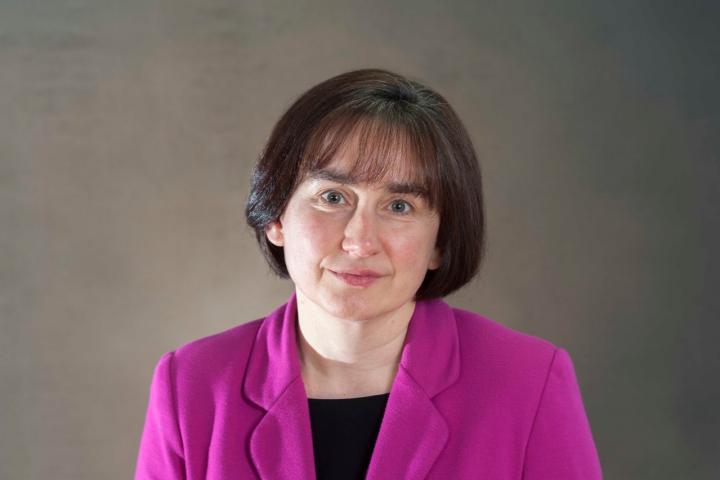
Domestic abusers who subject their victims to controlling or coercive behaviour could face up to five years in jail under a new law which comes into force today (29 December 2015).
The new legislation will mean the Crown Prosecution Service can for the first time prosecute specific offences of domestic abuse if there is evidence of repeated, or continuous, controlling or coercive behaviour.
This type of abuse in an intimate or family relationship can include a pattern of threats, humiliation and intimidation, or behaviour such as stopping a partner socialising, controlling their social media accounts, surveillance through apps and dictating what they wear.
Controlling or coercive behaviour causes someone either to fear that violence will be used against them on at least two occasions; or serious alarm or distress which has a substantial effect on their usual day-to-day activities.
Mersey-Cheshire Crown Prosecution Service has one of the highest rates of domestic abuse in the country as a percentage of the population but it also has one of the best conviction rates – 80.4% compared to a national average of 74%.* In Cheshire the conviction rate is 79.9% and in Merseyside its 80.7%
Alison Mutch is the Deputy Chief Crown Prosecutor for Mersey Cheshire CPS and the area lead for violence against Women and Girls.
She said: "Controlling and coercive behaviour is extremely harmful in an abusive relationship.
"Victims in these situations can often live in fear that violence will be used against them or that they will suffer extreme psychological and emotional damage.
"This legislation reflects the fact that repeated humiliation, intimidation and subordination can be as harmful as physical abuse and may even have a more lasting impact.
"In Mersey-Cheshire, the Crown Prosecution Service is committed to ensuring that our prosecutors are trained to recognise where these offences have taken place.
"We will work closely with the police to tackle this aspect of domestic abuse as effectively as we deal with other types of this offending."
Director of Public Prosecutions, Alison Saunders, said "These new powers mean this behaviour, which is particularly relevant to cases of domestic abuse, can now be prosecuted in its own right. Police and prosecutors are being trained to recognise patterns of abusive behaviour which can be regarded as criminal abuse. We will do everything in our power to tackle this abhorrent crime."
Polly Neate, Chief Executive of Women's Aid, said: "Coercive control is at the heart of domestic abuse. Perpetrators will usually start abusing their victim by limiting her personal freedoms, monitoring her every move, and stripping away her control of her life; physical violence often comes later. Women's Aid and other organisations campaigned to have this recognised in law, and we are thrilled that this has now happened. It is a landmark moment in the UK's approach to domestic abuse, and must be accompanied by comprehensive professional training and awareness raising among the public."
Photo: Deputy Chief Crown Prosecutor Alison Mutch.







